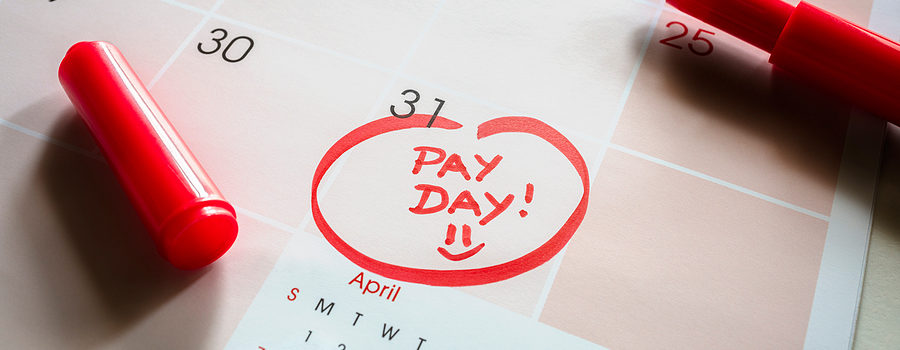How to Pay Yourself as a Small Business Owner
You’ve built your own business from the ground up. You have freedom, independence and control of your own destiny.
You also have the blessing and the curse of having to pay yourself.
Most people never have to think about how to pay themselves, of course. Employers send out a check every couple of weeks or every month, and that’s that. But when you are the employer, it’s not always so simple. And you have a few decisions to make.
The following are a few ins and outs of paying yourself when you’re a small business owner.
First Things First
What’s your business structure? The answer to that question likely will have some bearing on how you choose to pay yourself.
Specifically, if your business is a C corp or an S corp, you’ll likely want to take a salary. However, if you’re running a sole proprietorship, partnership or LLC, you’re probably looking at an owner’s draw. (Just note that LLCs can also take a salary, and S-corp owners can take draws, too.)
Salary
A salary is a more traditional method of payment. You decide how much you’re going to make, and how often you’re going to receive your wages. Taxes are withheld automatically as you pay yourself, which makes things easy. However, you’ll need regular cash flow to be able to afford to pay yourself.
Owner’s Draw
An “owner’s draw” is literally the act of pulling money out of your own business to pay yourself. Owner’s draws typically are cash in nature, though it’s possible to “pay yourself” a little via goods, such as, say, furniture or technology that you get via a corporate discount that you end up giving to yourself for personal uses.
Owner’s draws aren’t nearly as structured as a salary. Taxes aren’t automatically taken out, so you have to plan ahead for tax liabilities. And while you can pull money out as you have it available, draws are a bit more difficult to budget around.
How Much Should You Pay Yourself?
The most difficult part about determining your wages, or how much to take out via draws, is that there is no fixed formula — it varies from small business to small business.
But you’ll need to consider a few things.
For one, you do need to keep your business’ ability to operate in mind. If you only bring in $30,000 in profits in a year, but try to pay yourself $200,000 … well, something’s got to give.
Also, there are downsides to paying yourself too little or nothing at all. Yes, you want to give your business every chance to succeed. But business owners who aren’t taking care of their basic needs likely won’t have the energy and focus to keep their companies afloat.
One set of factors you might need to consider is the IRS’ guidance for what’s considered “reasonable compensation,” which factors in an employee’s duties, volume of business, amount of time required and more.
However you choose to pay yourself, you’ll need to consider the tax considerations — something the tax professionals at McManamon & Co. can help you out with. But naturally, if you’re making early-stage decisions such as owner pay, you might be facing a bevy of other matters. If that’s the case, think about taking advantage of our business consulting services, as a firm foundation is pivotal to the long-term health of your company.
Get yourself paid – without putting your company or your happiness in jeopardy. Give us a call today at 440.892.8900 or contact us online.
Tags: consulting, McManamon & Co., small business, small business taxes | Posted in Consulting, McManamon & Co., small business, small business taxes
